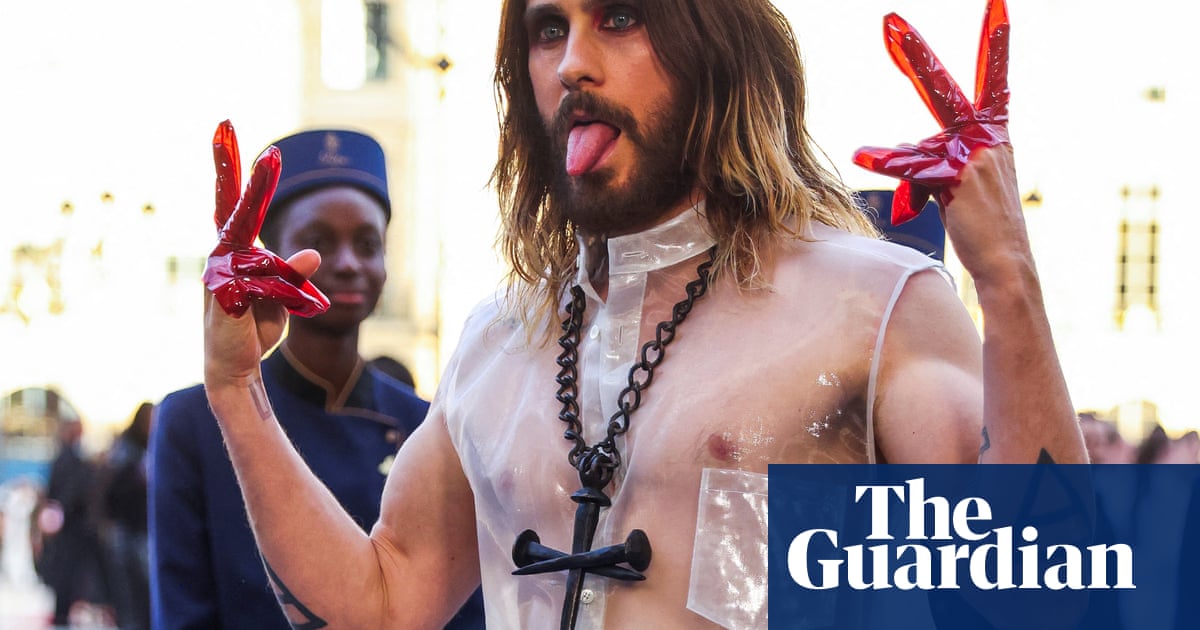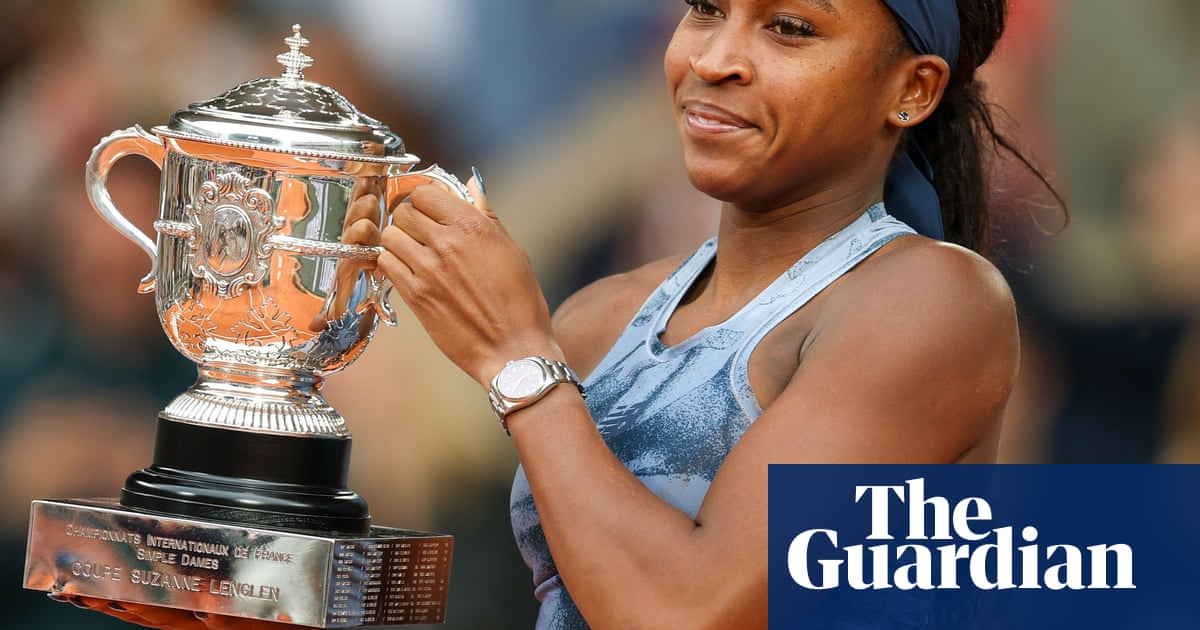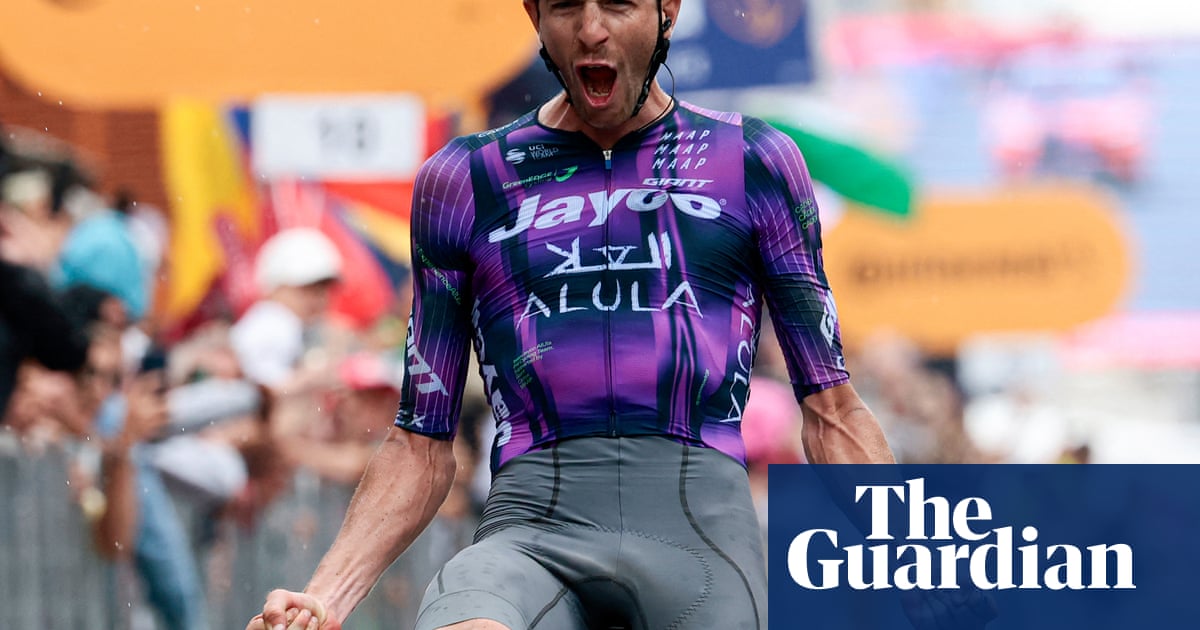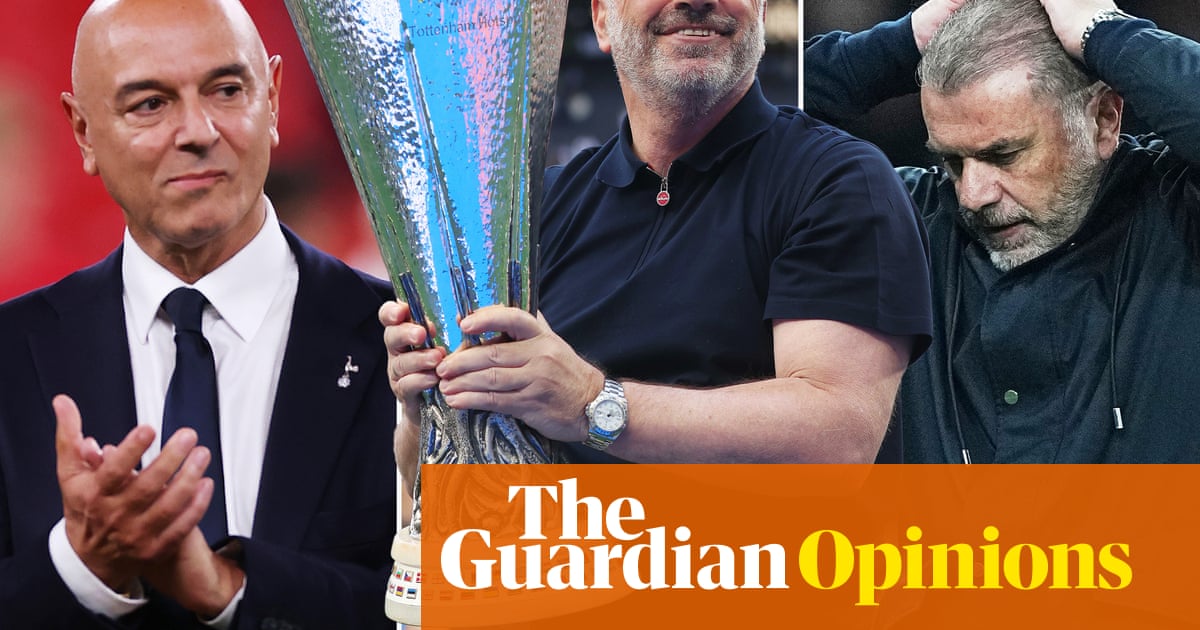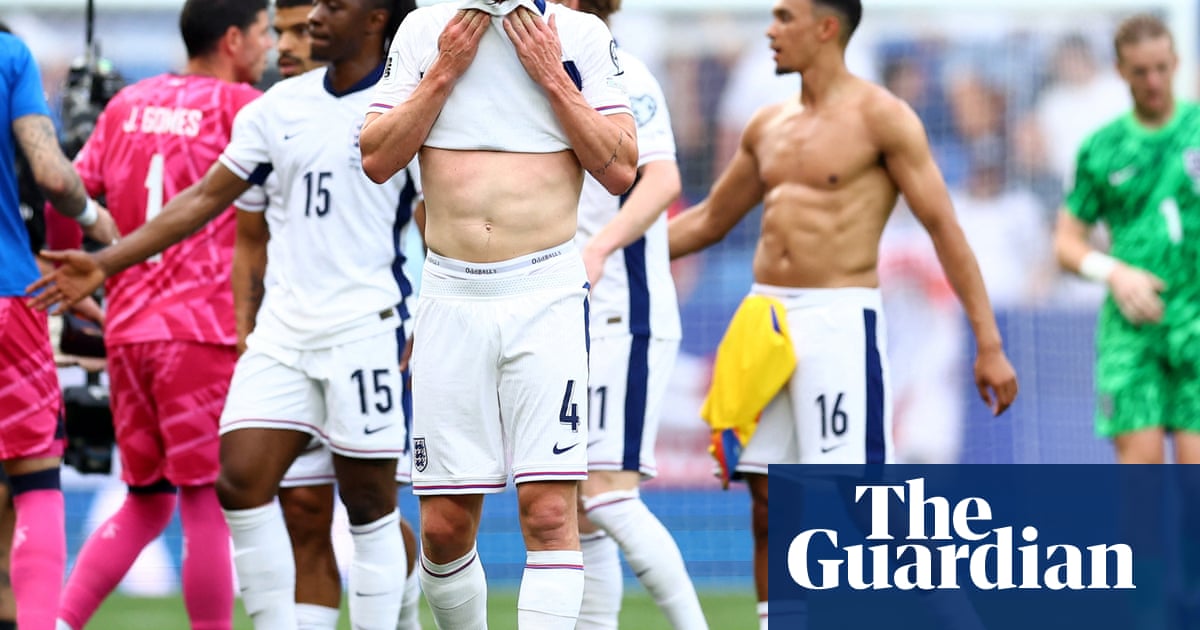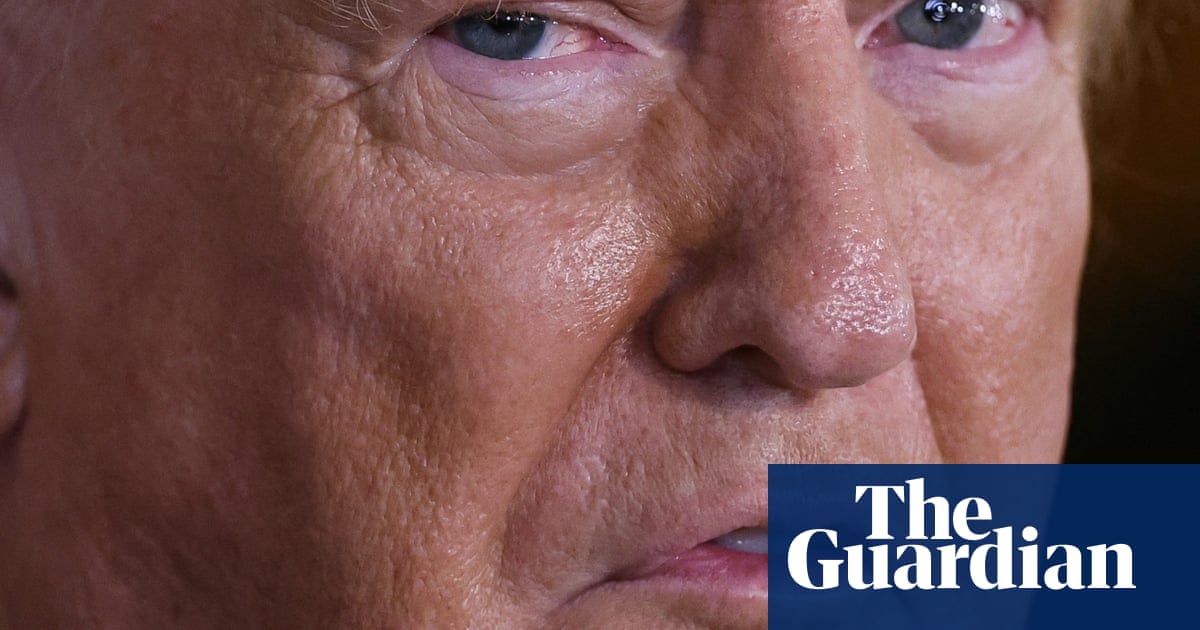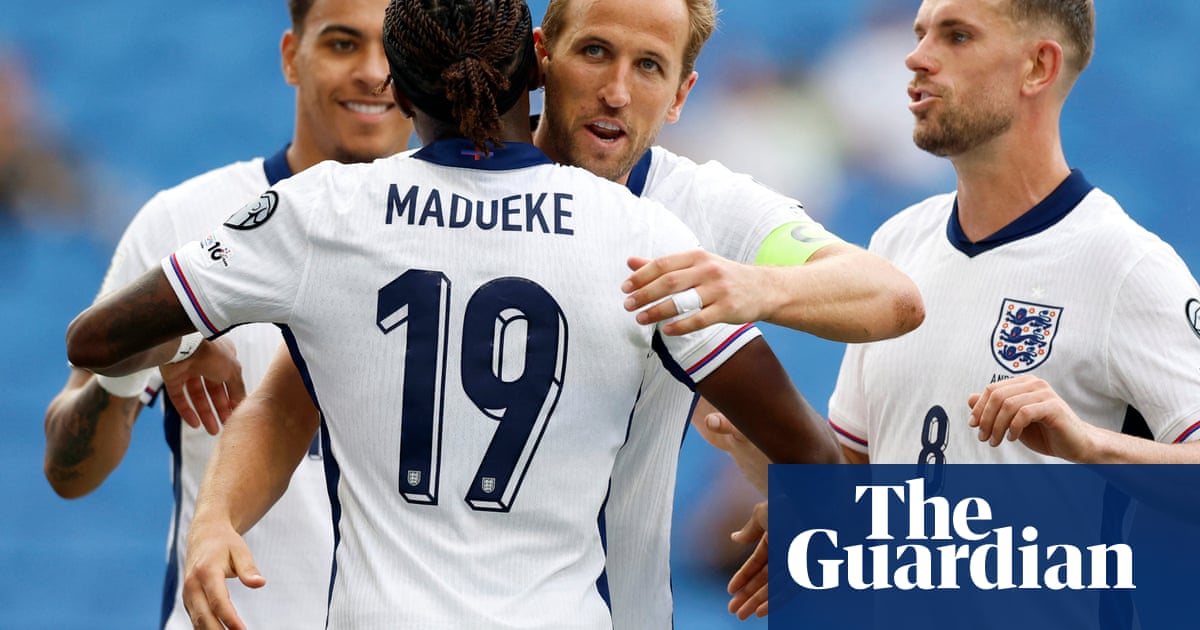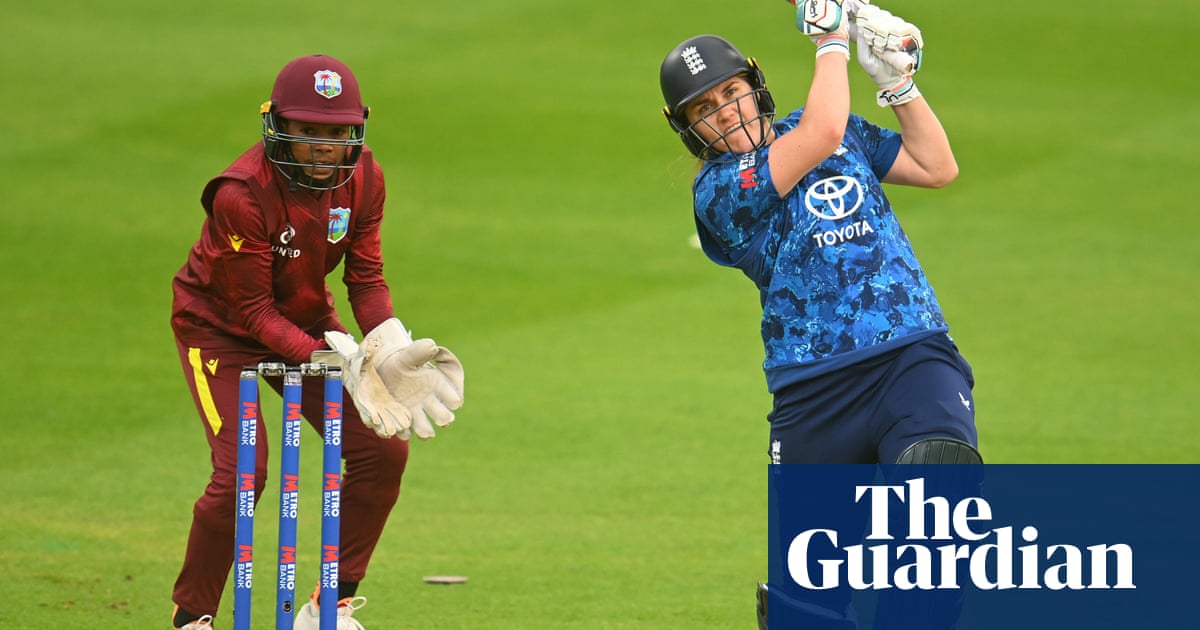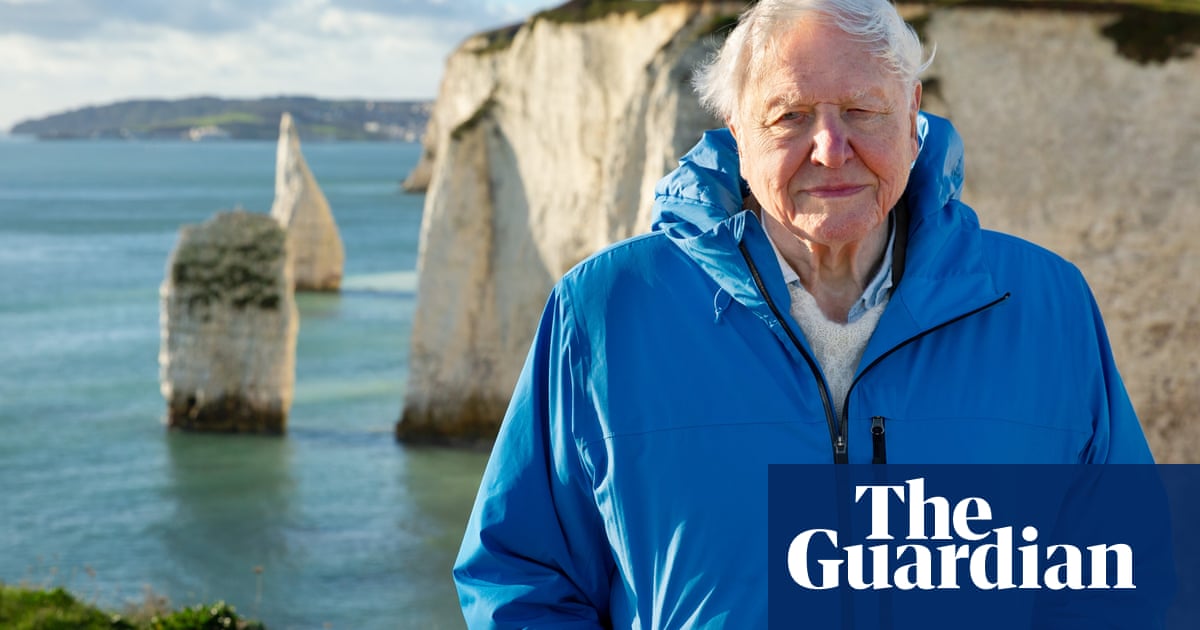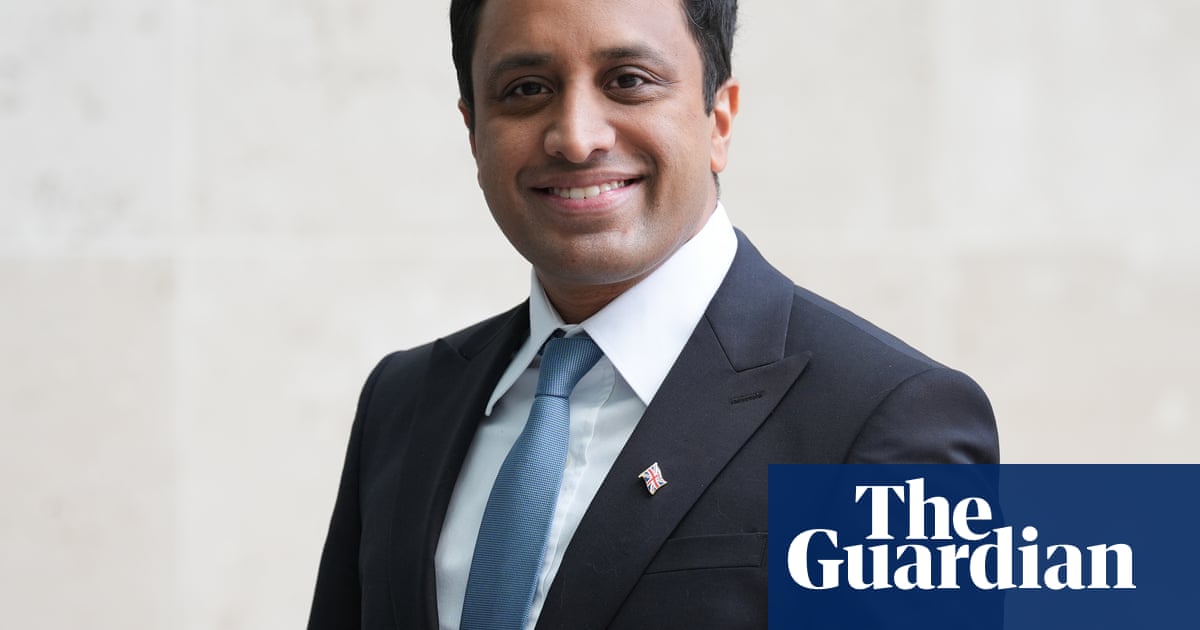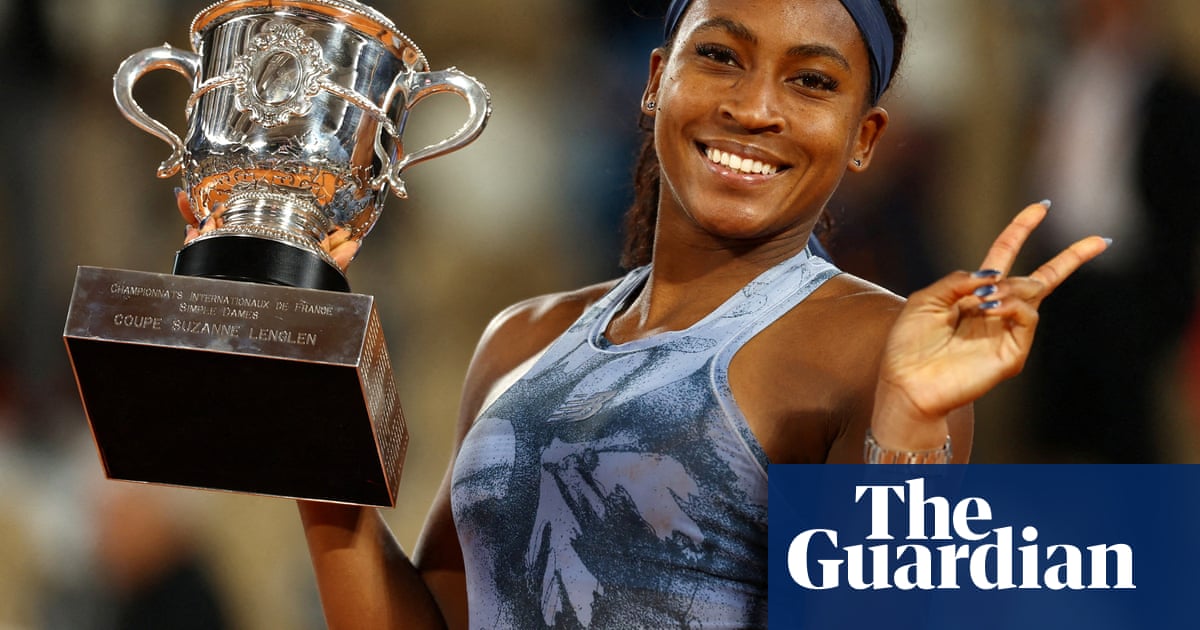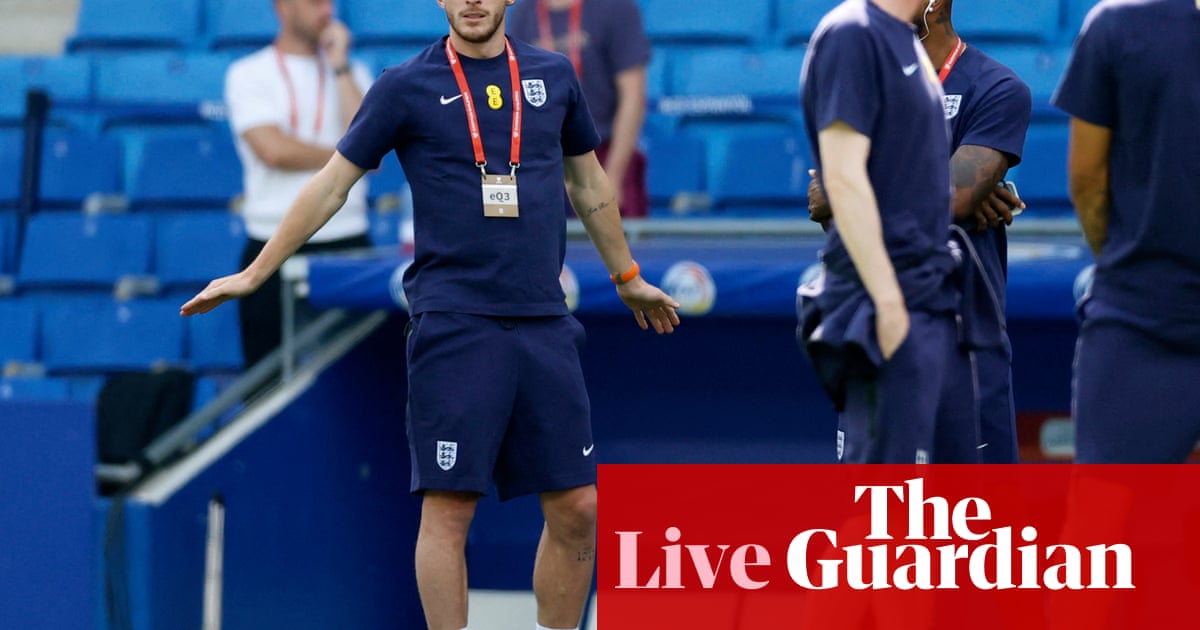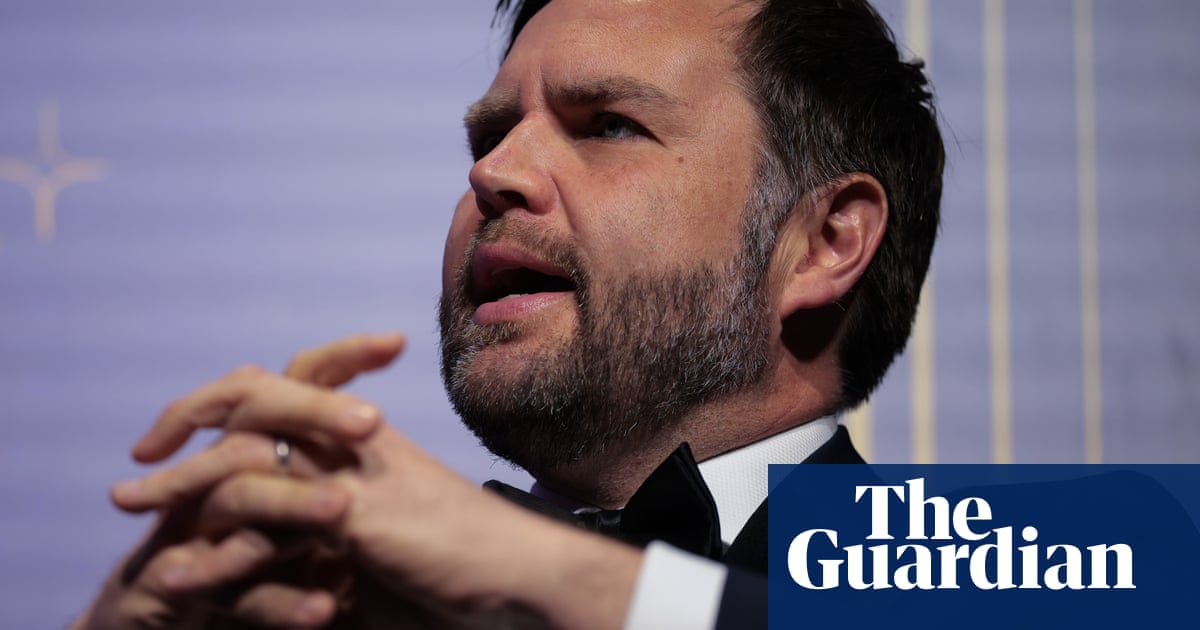“When you sign a contract here at Monaco, you know what you have ahead of you. It’s demanding but this is what I like,” says Adi Hütter. The Austrian manager has been given two objectives by the club: to secure on-pitch results while also developing the next generation of talent.
He has to strike a fine balance and, by and large, he is succeeding. Monaco have qualified for the next round of the Champions League while playing some scintillating football in the process. “For me, football is entertainment,” says Hütter. “I hate boring football: 15 passes around the backline and then back to the goalkeeper. I like to play an inspiring brand of football. It doesn’t mean you win every game but the spectators expect you to play forward.”
Attacking football is the Monaco way. One doesn’t have to cast the mind back too far to remember the young Kylian Mbappé and Radamel Falcao firing the club to the Champions League semi-finals in 2017, with the club scoring 22 goals in the process. Hütter is continuing that tradition by giving his creative players freedom. “In the offensive third, I say: ‘Guys, you are creative players.’ I don’t say: ‘You have to play this ball and this ball. Guys, you earn money for your creativity.’”
Maghnes Akliouche has thrived with this freedom and the academy product’s performances this season have seen him touted for a France callup. Hütter believes he would be worthy of it. “France have so many players at the top level but I cannot see another player who has the same skills as Akliouche,” says Hütter. “He is a totally different player to France’s other players. He is brave, always dribbling, always has an idea. He has a big career in front of him. I am encouraged to see where he can go.”
The playmaker is expected to depart at the end of the campaign. “This is also the club’s strategy to bring in young talents from its academy to the first team and then at one point to sell them – this is the club’s plan and it is a good one,” insists Hütter.

Monaco are trying to find the right balance between youth and experience – what they call “development players” and “performance players”. The club’s CEO, Thiago Scuro, has insisted on a split of two thirds “development” players and one third “performance” players so they can meet the dual objectives of results on the pitch and success off it.
They are always tinkering with the balance though. “Maybe, with the goals that we have, we are becoming too young,” said Scuro last week while unveiling the 28-year-old Moatasem Al-Musrati, a midfielder signed to add the experience Hütter believes is required for the club to reach the next level. “For sure, in some games we miss a little bit of experience,” says the manager. “There is the Monaco style with lots of young, gifted players from the academy. We want to follow this strategy but, in the end, we have to realise and say: ‘OK, maybe we have to make some changes.’”
The aim, ultimately, is to close the gap to PSG – a gap that is currently three places and 16 points. PSG have also recently adopted a youth-centric approach, with players such as Désiré Doué, Bradley Barcola and João Neves arriving in recent windows. But there are clear differences, as Hütter highlights: “Look at the opportunities they have. [Khvicha] Kvaratskhelia is one of my favourite players. They bought him for €70m. You cannot compare us with them.”
There is an undeniable financial divide. Whereas PSG can spend €50m on Neves, a Portugal international who was a key part of the Benfica side that went deep in last season’s Champions League, Monaco are investing a fraction of that figure on Lamine Camara, a player of undoubted quality and great potential, but whose experiences have come either in Ligue 2 or battling relegation in Ligue 1 with Metz.
“We develop young players into big players,” says Hütter. “This is the difference. There is Neves, and also Doué. When I saw him at Rennes, I said ‘Wow, €50m’. I saw his dribbles against us. We talked a lot about him but then there was the offer from PSG. It was a lot of money.”
Hütter admits that developing players while also finishing in the top three every season is “demanding”, although he says it suits his style of management. “I see myself as more of a development coach, not a fire fighter,” says the Austrian, who has previously had stints at RB Salzburg, Eintracht Frankfurt and Borussia Mönchengladbach.
He says he can be “stern” with players but only once they have established a good relationship. “I build the relationship because I was also young and not always happy with the manager’s decisions. When you take something too personally, it can cause a break in the relationship. I am very careful with this,” says Hütter.
This approach has worked with former Juventus and Chelsea midfielder Denis Zakaria. The Monaco captain is playing under Hütter for the third time. The first time came when the Swiss international was just 18; some things have changed, others have not.
“He was a big talent but sometimes he overslept, missed practice and was late. I was really stern with him. He needed it. I have the feeling that he is the same human as when I met him 10 years ago – so respectful. He was amazing at Gladbach and here too. Everyone loves him here at the club because he is humble and really kind,” says Hütter.

If Monaco are to enjoy further success in the Champions League, Zakaria will likely play a central role. Hütter says Benfica are narrow favourites to win their playoff tie and book a place in the last 16. “We are an underdog but one on a high level,” says Hütter during our interview in the hillside village of La Turbie. “Benfica are a famous club in Europe, but we are proud. We want to compete with them, and are able to win against them, but we need a fantastic day.”
Monaco won three of their first four games in the group stage, including a brilliant victory against Barcelona in September, but they slipped out of the top eight after defeats to Arsenal and Inter. “There is a gap between us and Arsenal, Inter and Barcelona,” says Hütter. “We are in the top level but, in this 24, you have category one and category two. We are in category two but to get to category one – how do we get there?” asks Hütter.
For him, the answer comes back to the youth-experience tradeoff – one that permeates every facet of the club and is so difficult to strike. Monaco are still in search of the sweet spot, wherever that may be.

 3 months ago
69
3 months ago
69
